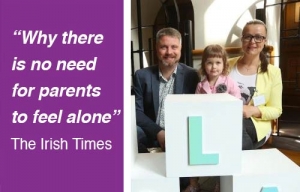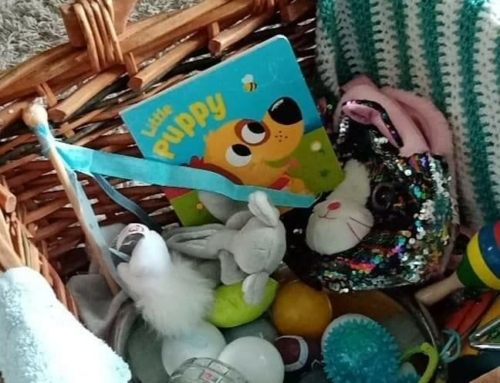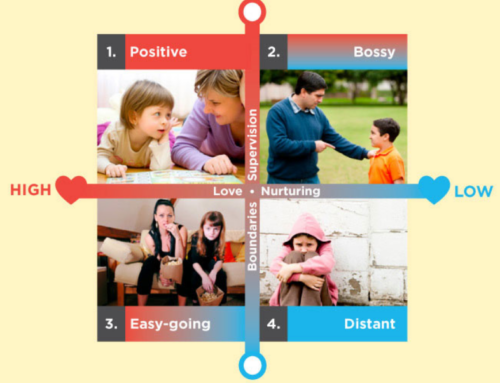Many parents feel helpless and frustrated when they are unable to comfort a crying baby.
Babies generally have a reason for crying. It is their way of communicating when they are hungry, or in pain, or tired or when they experience some other kind of discomfort.
But sometimes a baby will cry inconsolably for no apparent reason. Some myths related to crying:
Myth 1: Crying isn’t normal
Not only is crying perfectly normal in babies, it also serves an important developmental purpose.
By crying, babies exercise their vocal cords and become aware of their mouth, tongue and lips, and the different sounds that are produced – all of which are related to the later development of communication skills.
Myth 2: Babies who cry a lot could have personality problems later in life.
Rest assured that there is no relationship between fussy crying in infants and later personality problems.
If you are unable to detect the reason for your baby’s persistent crying, you could discuss the matter with your family doctor.
Tell your doctor how many times a week your baby has an unsettled period, its duration and its intensity.
Your doctor will help you decide if the crying is normal or if it is related to a specific problem. S/he may also recommend some soothing techniques that might relieve your baby’s crying.
Myth 3: If I repeatedly attend to my baby’s cries, I may spoil my child.
According to child development experts, at this age, you will not spoil your baby by attending to his needs.
Myth 4: When a baby cries, it always means something is wrong.
While a baby’s cries will, most times, communicate some need (“I’m hungry”, “wet”, “tired”), there are times when some babies will cry for no apparent reason.
No one knows for sure the cause of these unsettled periods when a well-fed, well-rested, dry, good-natured baby will cry inconsolably for several hours.
If the parents become anxious or if they pick up an already over-stimulated baby, it may only result in the baby crying louder and longer.
Some babies have a routine of crying immediately before going to sleep.
If all possible causes of such crying have been explored with your doctor, it may be necessary to leave the baby alone for a little while.
Myth 5: My baby’s crying proclaims loudly to the world that I’m not a good parent.
Many parents take their baby’s crying personally, as though it were somehow an indicator of poor parenting skills.
No parent, no matter how expert, is able to soothe and console a baby every time he cries. So don’t be too hard on yourself if you are sometimes unable to calm your crying baby. In fact the more upset you become with yourself, the more you may cause your baby to cry.
So, if your baby sometimes won’t stop crying, in spite of all your efforts, it doesn’t indicate that you are a bad parent.
Just try to relax and remain calm.
Remind yourself that if you have made sure that he isn’t hungry, tired, wet or otherwise uncomfortable, it’s normal for babies to have occasional unsettled periods at this age.
The more you are able to relax, in spite of your baby’s crying, the better it will ultimately be, both for you and for your baby.







